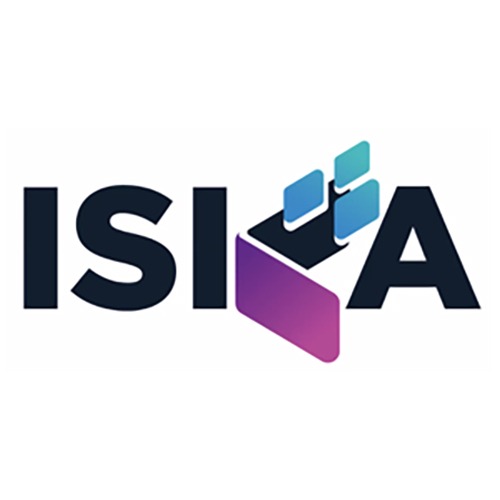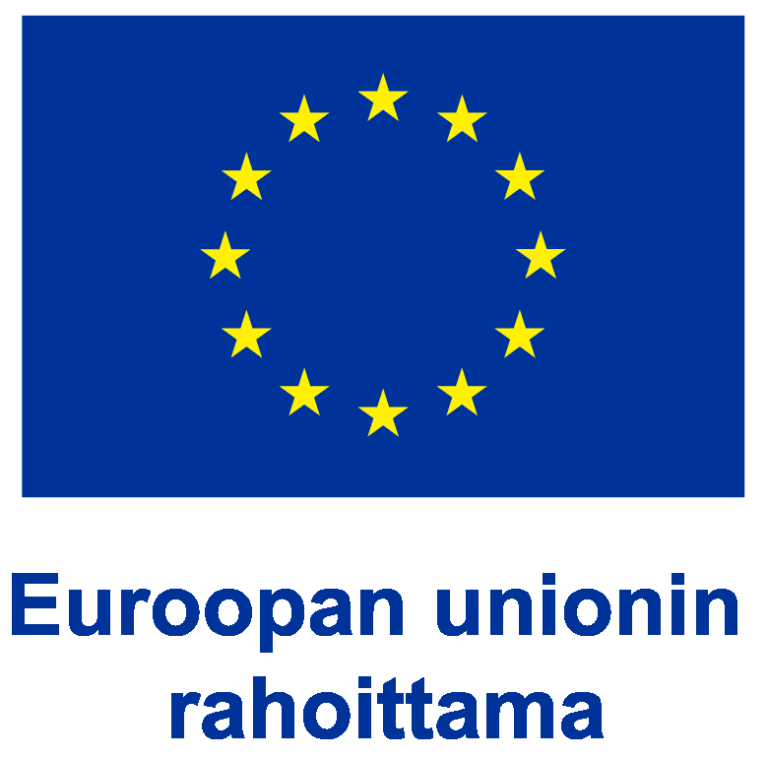
Rahoittajat
Päärahoittaja

Johtajat
-

Sonsoles López Pernas
AkatemiatutkijaTietojenkäsittelytieteen laitos, Luonnontieteiden, metsätieteiden ja tekniikan tiedekunta -

Ramy Elmoazen
TutkijatohtoriTietojenkäsittelytieteen laitos, Luonnontieteiden, metsätieteiden ja tekniikan tiedekunta -

Mohamed Abdelgalil
Apulaisprofessori (Associate Professor)Tietojenkäsittelytieteen laitos, Luonnontieteiden, metsätieteiden ja tekniikan tiedekunta
Objectives: What do you want to achieve by implementing the project?
ISILA aims to achieve the following:
- Develop intervention methods guidelines based on learning analytics (LA) of student learning data
- Identify metrics for tracking student engagement, to increase student learning effectiveness
- Design and develop an online platform for collecting, processing, and visualizing multimodal data
- Conduct evaluation case studies for the proposed methods and tools
- Identify learning patterns for continuous improvement of an LA-based intervention method
Implementation: What activities are you going to implement?
ISILA’s project objectives will be achieved through the following:
- Continuous project management
- Preparation of data infrastructure, which includes the design and development of an online platform with dashboards for collecting, processing, storing and visualizing multimodal data
- Preparation of legal and ethical guidelines for usage of learner data
- Development of intervention methods based on learning analytics
- Conducting piloting of developed methods and tools
- Dissemination of project results.
Results: What project results and other outcomes do you expect your project to have?
Expected results are:
- Developed an online platform for collecting, processing and storing of learner data from heterogeneous sources
- Developed multimodal data dashboard for learner data visualization
- Developed guidelines for intervention methods based on learning analytics (LA)
- Defined ethical requirements for the collection and usage of learner data
- Raised awareness among target stakeholders that LA can be used as a powerful tool to track student engagement
Yhteistyö
Johtajat
-

Sonsoles López Pernas
AkatemiatutkijaTietojenkäsittelytieteen laitos, Luonnontieteiden, metsätieteiden ja tekniikan tiedekunta -

Ramy Elmoazen
TutkijatohtoriTietojenkäsittelytieteen laitos, Luonnontieteiden, metsätieteiden ja tekniikan tiedekunta -

Mohamed Abdelgalil
Apulaisprofessori (Associate Professor)Tietojenkäsittelytieteen laitos, Luonnontieteiden, metsätieteiden ja tekniikan tiedekunta

